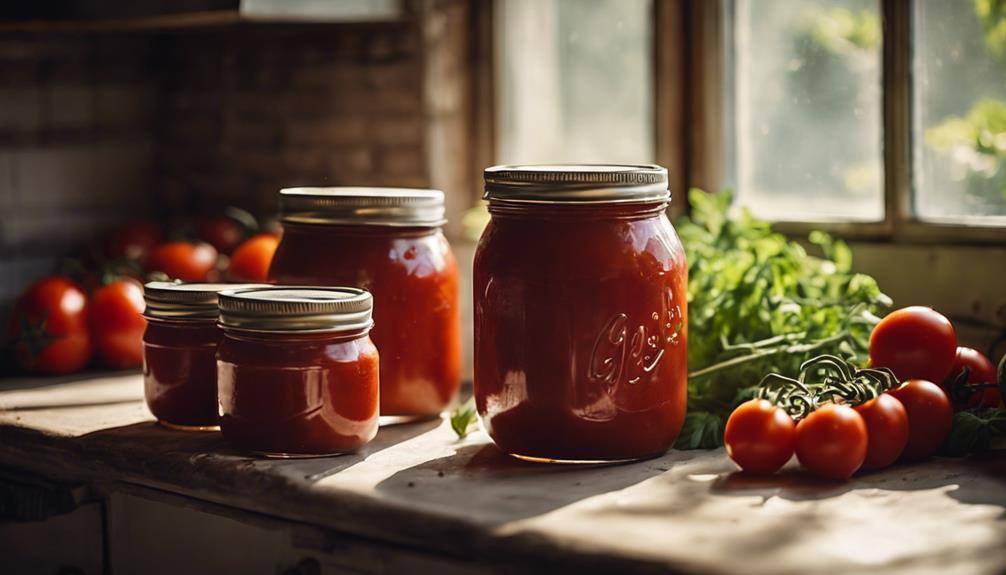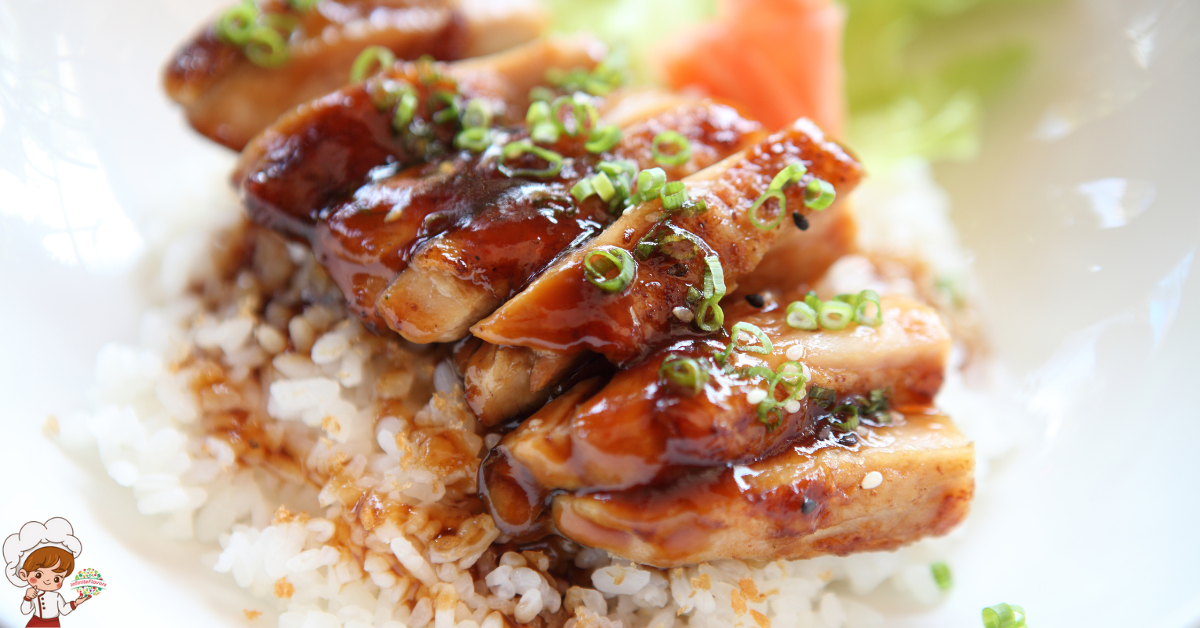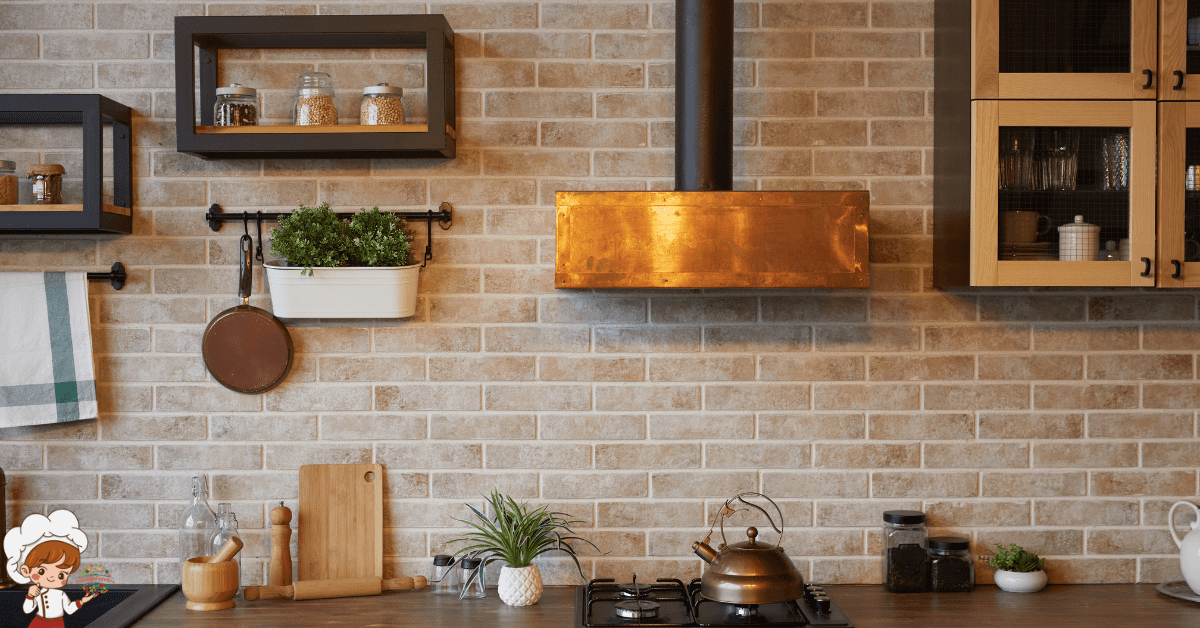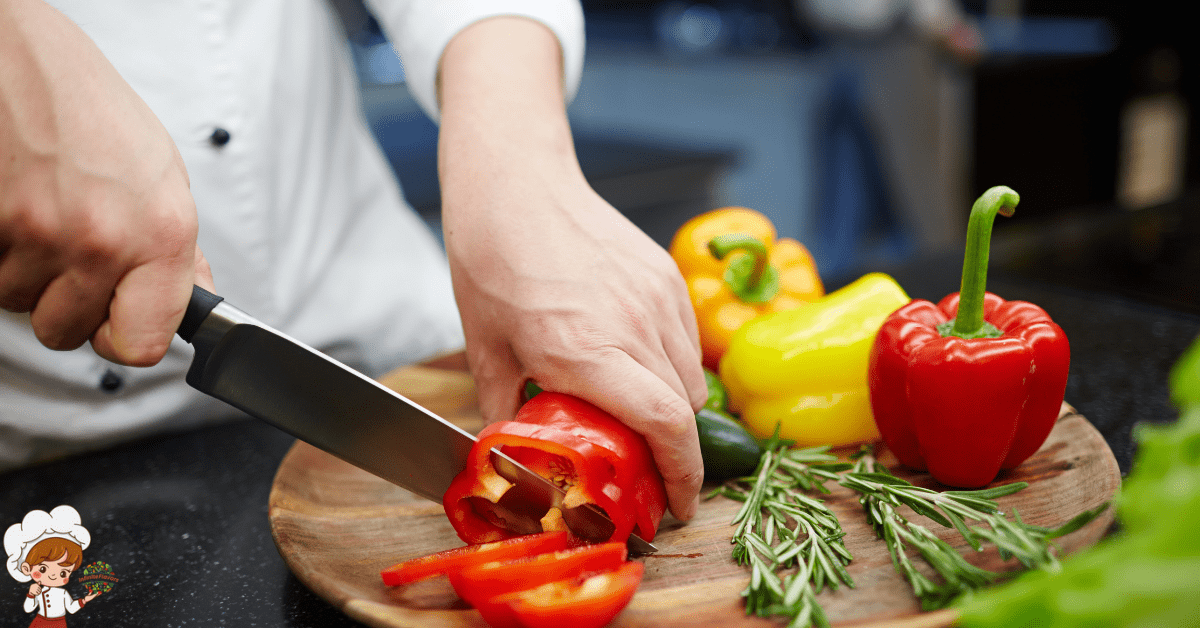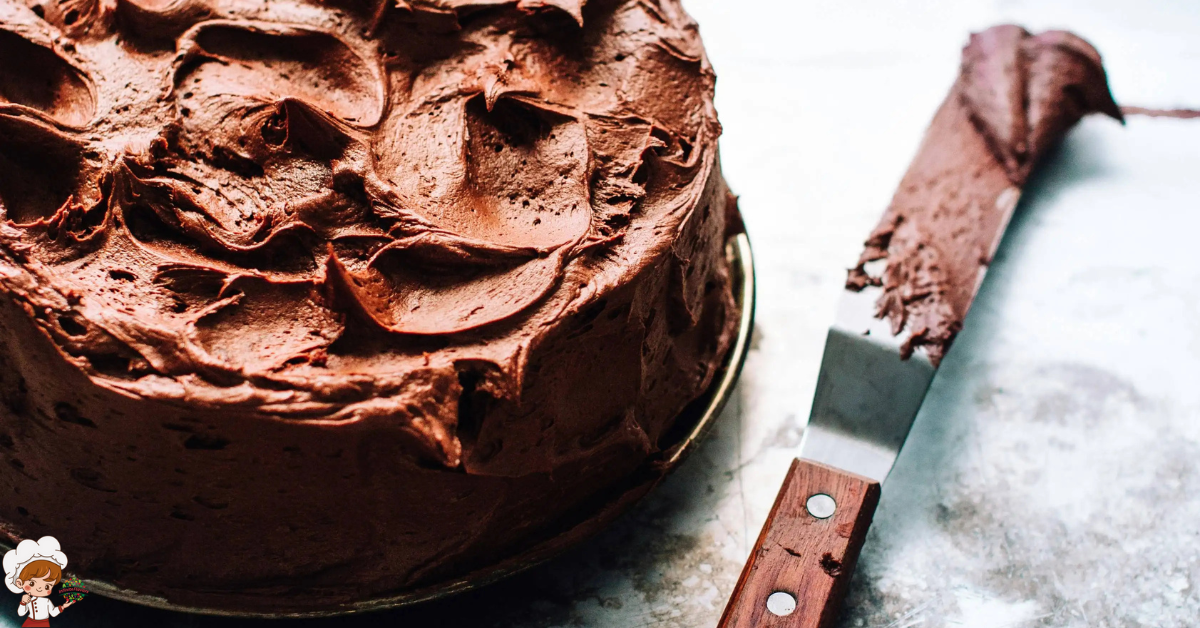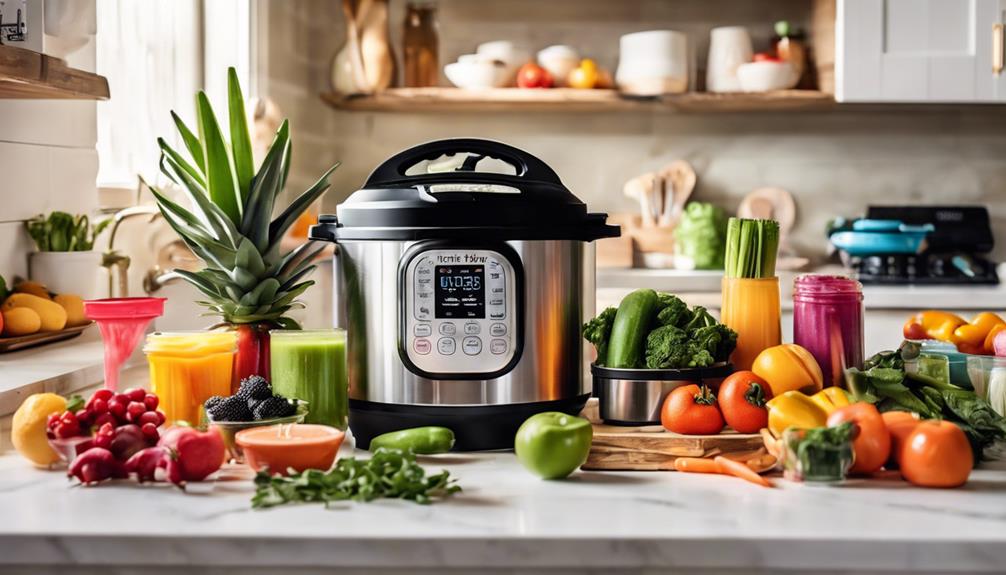Amazing Basic Cooking Skills From Home Comforts
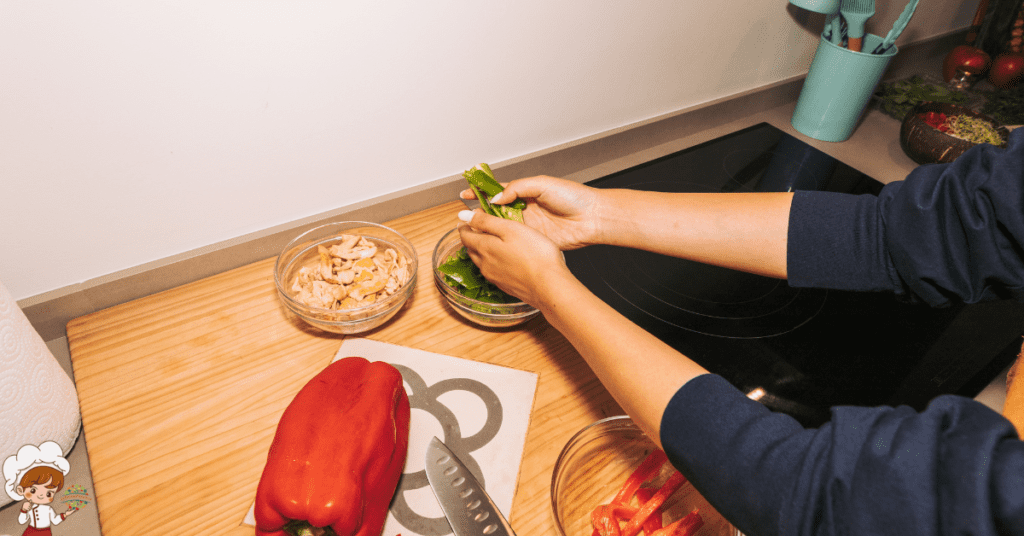
Basic Cooking Skills From Home Comforts; Are you tired of ordering takeout every night? Want to impress your friends with your culinary skills? Acquiring basic cooking skills from home comforts is the first step to becoming a kitchen master. With the right tools, techniques, and resources, you can elevate your cooking game and create delicious meals right from the comfort of your own home. From mastering knife skills to understanding flavor profiles, this guide will teach you everything you need to know to become a confident and skilled home cook. So, why wait? Let’s dive in and start your culinary journey today!
Essential Kitchen Tools
To acquire basic cooking skills from home comforts, you will need to equip your kitchen with essential tools. These tools will not only make your cooking experience easier and more efficient but also allow you to explore various cooking techniques and experiment with ingredient substitutions.
One of the essential kitchen tools you should have is a set of sharp knives. A chef’s knife, paring knife, and serrated knife are the three basic knives that will cover most of your cutting and slicing needs. With proper knife skills, you can master techniques like julienne, chiffonade, and dicing, enabling you to create beautifully prepared ingredients for your recipes.
Another must-have tool is a cutting board. Opt for a sturdy and easy-to-clean cutting board that won’t dull your knives. This will provide you with a stable surface to chop, slice, and dice your ingredients safely.
A set of measuring cups and spoons is vital for accurate ingredient measurements, especially when it comes to baking. These tools will ensure that your recipes turn out consistently delicious.
A versatile set of pots and pans is also essential. Invest in a non-stick skillet, a saucepan, and a stockpot to cover a wide range of cooking needs. These will allow you to sauté, simmer, boil, and fry with ease.
Lastly, don’t forget about basic utensils such as a spatula, tongs, and a whisk. These tools will assist you in flipping, stirring, and blending ingredients effectively.
Equipping your kitchen with these essential tools will not only enhance your cooking skills but also give you the confidence to explore different cooking techniques and experiment with ingredient substitutions. So, stock up your kitchen and get ready to embark on a culinary journey from the comfort of your own home.
Knife Skills and Techniques
Equip your kitchen with essential tools, such as sharp knives, to master knife skills and techniques. Knife skills are fundamental in cooking and can greatly improve your efficiency and precision in the kitchen. However, it is important to prioritize knife safety to prevent accidents and injuries.
First and foremost, always use a cutting board when working with knives. This will protect your countertops and provide a stable surface for cutting. When handling the knife, hold it firmly but not too tightly, with your fingers curled under the handle and your thumb resting on the blade for control. Keep your non-dominant hand in a claw-like position, with your fingertips tucked under to avoid accidental cuts.
In addition to knife safety, proper knife maintenance is crucial for optimal performance and longevity. Regularly sharpen your knives to ensure a clean and precise cut. Dull knives not only make cutting more difficult, but they also increase the risk of accidents. Invest in a good quality knife sharpener or consider professional sharpening services to maintain the sharpness of your blades.
Furthermore, proper storage is essential to prevent accidents and keep your knives in good condition. Always store your knives in a knife block or on a magnetic strip, with the blades facing downwards. This will protect the blades and prevent accidental cuts when reaching for other utensils.
Mastering Basic Cooking Methods
Once you have mastered knife skills and techniques, you can move on to mastering basic cooking methods by incorporating various cooking techniques into your repertoire. By understanding and practicing these techniques, you will be able to elevate your cooking to a whole new level. Here are five essential cooking methods that every aspiring home cook should master:
- Sautéing: This technique involves cooking ingredients quickly in a small amount of fat over high heat. It is perfect for searing meat, sautéing vegetables, or creating flavorful sauces.
- Roasting: Roasting is a dry-heat cooking method that is ideal for cooking large cuts of meat or vegetables. By cooking the ingredients at a high temperature in the oven, you can achieve a crispy exterior and a tender interior.
- Braising: Braising is a combination cooking method that involves searing the ingredients first and then slowly cooking them in a liquid. This technique is great for tougher cuts of meat, as it helps break down the collagen and results in a tender and flavorful dish.
- Steaming: Steaming is a gentle and healthy cooking method that retains the natural flavors and nutrients of the ingredients. It is perfect for cooking vegetables, fish, or even dumplings.
- Grilling: Grilling is a favorite cooking method, especially during the summer months. Whether you are grilling burgers, steak, or vegetables, this technique adds a smoky and charred flavor to your dishes.
Understanding Flavor Profiles
When it comes to understanding flavor profiles, there are a few key points to keep in mind. First, taste and smell play a crucial role in how we experience flavors. Balancing sweet and savory is another important aspect, as finding the right combination can elevate a dish. Lastly, don’t be afraid to experiment with different herbs to add depth and complexity to your cooking. By understanding these points, you’ll be well on your way to creating delicious and well-rounded dishes.
Taste Vs. Smell
Developing an understanding of flavor profiles involves distinguishing between taste and smell. While taste refers to the basic sensations detected by our taste buds, such as sweet, sour, salty, bitter, and umami, smell plays a crucial role in our overall sensory perception of food. Here are five key aspects to consider when exploring the interplay between taste and smell:
- Olfactory receptors: Smell receptors in our nose detect volatile compounds released by food, enhancing the overall flavor experience.
- Flavor compounds: The combination of taste and smell creates complex flavor compounds that contribute to our unique taste preferences.
- Aromas: Aromas can significantly impact how we perceive taste, as they have the power to evoke memories and emotions.
- Texture: The texture of food affects how we perceive taste, as it can influence the release of flavors and the overall mouthfeel.
- Personal factors: Individual differences, such as genetics and past experiences, can shape our taste and smell preferences.
Understanding the intricate relationship between taste and smell allows us to appreciate and create more nuanced and flavorful dishes.
Balancing Sweet and Savory
To achieve a well-balanced flavor profile, focus on mastering the art of balancing sweet and savory tastes. Sweet and savory pairing is all about finding the perfect combination of flavors that complement each other. By understanding flavor profiles, you can create delicious dishes that tantalize your taste buds. One classic example of a sweet and savory pairing is the combination of honey and mustard.
The sweetness of the honey balances out the tanginess of the mustard, creating a harmonious blend of flavors. Other popular flavor combinations include caramelized onions with balsamic vinegar, maple syrup with bacon, and strawberries with balsamic vinegar. Experimenting with different sweet and savory pairings will allow you to discover unique and exciting flavor combinations that will take your cooking to the next level.
Experimenting With Herbs
To further explore the art of balancing sweet and savory flavors, now let’s delve into the exciting realm of experimenting with herbs and understanding their flavor profiles. Cooking with spices can elevate your dishes to new heights, and herbs are an essential part of creating homemade seasonings. Understanding the flavor profiles of different herbs is key to achieving the desired taste in your cooking. Here are five herbs you can experiment with:
- Basil: With its sweet and slightly peppery flavor, basil adds a fresh and aromatic touch to dishes like pasta sauces and salads.
- Rosemary: Known for its strong, pine-like flavor, rosemary is perfect for adding depth to roasted meats and vegetables.
- Cilantro: Cilantro has a distinct citrusy and slightly spicy taste, making it a great addition to salsas, curries, and Asian-inspired dishes.
- Thyme: This herb offers a subtle earthy flavor that pairs well with roasted potatoes, stews, and marinades.
- Mint: Mint is refreshing and bright, making it perfect for desserts, cocktails, and even savory dishes like salads or lamb dishes.
Exploring Different Cuisines
You can expand your culinary horizons by exploring different cuisines from the comfort of your own home. Cooking techniques and cultural influences play a significant role in the flavors and styles of various cuisines around the world. By trying out different dishes, you can not only learn new recipes but also gain a deeper understanding of different cultures.
One way to explore different cuisines is by experimenting with cooking techniques. Each cuisine has its own unique methods of preparing and cooking food. For example, in French cuisine, you may encounter techniques like sautéing, braising, and flambéing. On the other hand, Indian cuisine often involves the use of spices and the art of tempering. By learning and practicing these techniques, you can bring the authentic flavors of different cuisines into your own kitchen.
Another aspect to consider when exploring different cuisines is the influence of culture. Food is a reflection of a country’s history, geography, and traditions. For instance, Italian cuisine is known for its emphasis on fresh ingredients and simple flavors, which can be attributed to the country’s agricultural heritage. Thai cuisine, on the other hand, combines sweet, sour, salty, and spicy flavors to create a harmonious balance, which is influenced by the country’s tropical climate.
When exploring different cuisines, it is important to research and understand the cultural context behind the dishes. Learn about the traditional ingredients, cooking methods, and the significance of certain dishes in the culture. By doing so, you will not only enhance your cooking skills but also develop a deeper appreciation for the diversity and richness of culinary traditions from around the world.
Recipe Selection and Meal Planning
Continuing your exploration of different cuisines, expand your culinary horizons even further by carefully selecting recipes and planning your meals. Meal prepping and recipe organization are essential skills that will help you save time, reduce stress, and ensure that you have delicious meals ready to enjoy throughout the week. Here are some tips to help you excel in this area:
- Create a meal plan: Start by deciding what meals you want to prepare for the week. Consider your schedule, dietary preferences, and any ingredients you already have on hand. This will help you stay organized and avoid last-minute decisions.
- Find reliable recipe sources: Look for trusted cookbooks, reputable food blogs, or cooking websites that offer a wide variety of recipes. Experiment with different flavors and techniques to keep things interesting.
- Consider your skill level: Choose recipes that match your current cooking abilities. While it’s great to challenge yourself, starting with complex recipes when you’re just beginning can lead to frustration. Gradually increase the difficulty level as you gain more confidence in the kitchen.
- Think about ingredients: Take into account the availability and cost of ingredients when selecting recipes. Opt for recipes that use seasonal produce or pantry staples to keep costs down and minimize food waste.
- Be realistic: Don’t overwhelm yourself by planning elaborate meals every day. Be mindful of your time constraints and energy levels. It’s okay to incorporate simple and quick recipes into your meal plan to give yourself a break on busy days.
Tips for Efficient Meal Prep
When planning your meals for the week, it is important to streamline your cooking process by implementing efficient meal prep strategies. By doing so, you can save time and make the most of your cooking experience. Here are some tips to help you become more efficient in your meal preparation.
Firstly, efficient meal planning is key. Take a few minutes each week to plan your meals ahead of time. This will not only save you time during the week but also ensure that you have all the necessary ingredients on hand. Consider incorporating versatile ingredients that can be used in multiple dishes, such as chicken or vegetables. This will allow you to create different meals using the same base ingredients, saving you both time and money.
Another time-saving cooking technique is to batch cook. This involves preparing large quantities of food at once and then dividing it into individual portions to be enjoyed throughout the week. For example, you can cook a big pot of soup or stew and freeze it in individual containers. This way, you can simply grab a portion from the freezer and have a homemade meal ready in no time.
Additionally, using kitchen tools and gadgets can help you save time in the kitchen. Invest in a good quality knife set, a food processor, and a slow cooker. These tools can make chopping, blending, and cooking much quicker and easier.
Resources for Continued Learning and Inspiration
Looking to expand your culinary skills and find inspiration in the kitchen? Online cooking classes, recipe blogs, and videos are fantastic resources to help you continue learning and exploring new recipes. With just a few clicks, you can access a wide range of cooking tutorials taught by experienced chefs, browse through countless recipe blogs for ideas, and watch step-by-step videos that guide you through the cooking process. These resources not only provide valuable knowledge but also allow you to connect with a community of food enthusiasts who share your passion for cooking.
Online Cooking Classes
You can enhance your culinary skills by enrolling in online cooking classes. These classes provide a convenient and flexible way to learn new recipes, techniques, and culinary tips from the comfort of your own home. Here are five reasons why online cooking classes are a valuable resource for continued learning and inspiration:
- Expert guidance: Online cooking classes are taught by experienced chefs who share their knowledge and expertise with you.
- Flexible schedule: With online cooking classes, you can learn at your own pace and fit them into your busy schedule.
- Access to online cooking communities: Many online cooking classes offer access to exclusive online communities where you can connect with other food enthusiasts, share recipes, and get feedback.
- Virtual cooking competitions: Some online cooking classes even offer the opportunity to participate in virtual cooking competitions, allowing you to showcase your skills and receive feedback from professionals.
- Inspiration and creativity: Online cooking classes expose you to a diverse range of cuisines and cooking styles, inspiring you to experiment and get creative in the kitchen.
Enrolling in online cooking classes is a great way to continue developing your culinary skills, connect with like-minded individuals, and stay inspired in the kitchen.
Recipe Blogs and Videos
By exploring recipe blogs and videos, you can discover a wealth of resources for continued learning and inspiration in your culinary journey. Recipe blogs are a great way to access a wide range of recipes, cooking tips, and tricks from experienced home cooks and professional chefs. Some popular recipe blog recommendations for beginners include “The Kitchn,” “Damn Delicious,” and “Budget Bytes.” These blogs offer easy-to-follow recipes, step-by-step instructions, and helpful tips for beginners.
Additionally, beginner-friendly cooking videos on platforms like YouTube provide visual demonstrations that can enhance your understanding of cooking techniques. Channels like “Tasty” and “Food Wishes” are known for their concise and engaging videos that are perfect for novice cooks. Whether you prefer reading recipes or watching videos, recipe blogs and cooking videos are valuable resources to improve your skills and find inspiration for your next delicious meal.
Frequently Asked Questions: Basic Cooking Skills From Home Comforts
How Can I Improve My Knife Skills and Techniques?
To improve your knife skills and techniques, start by focusing on safety. Properly grip the knife, use a cutting board, and keep your fingers away from the blade. Regularly maintain and care for your knives to ensure their sharpness.
What Are Some Common Flavor Profiles Used in Different Cuisines?
When it comes to different cuisines, exploring unique spice combinations is key. Discovering secret ingredients can enhance flavors and take your cooking to the next level. It’s all about finding the perfect balance of flavors.
How Do I Select the Right Recipes for Meal Planning?
When it comes to meal planning, selecting the right recipes is key. Consider your dietary preferences, available ingredients, and cooking skills. Look for recipes that are nutritious, easy to follow, and fit your schedule.
What Are Some Tips for Efficient Meal Prep?
To efficiently meal prep, focus on managing your time wisely and making the most of your ingredients. Plan your meals in advance, chop vegetables in bulk, and use versatile ingredients that can be used in multiple dishes.
Where Can I Find Additional Resources for Continued Learning and Inspiration in Cooking?
Looking for continued learning resources and cooking inspiration? You can find a wealth of information online, from cooking blogs to YouTube channels. These resources offer step-by-step tutorials, recipe ideas, and tips from experienced chefs.
Conclusion
Congratulations! You are now equipped with the essential tools and skills to become a master in the kitchen. From honing your knife skills to understanding flavor profiles, you have learned the foundations of cooking. With the ability to explore different cuisines and plan your meals efficiently, your culinary journey has just begun. Remember to continue learning and seeking inspiration from resources available to you. Get ready to impress yourself and others with your delicious creations from the comfort of your own home. Happy cooking!



